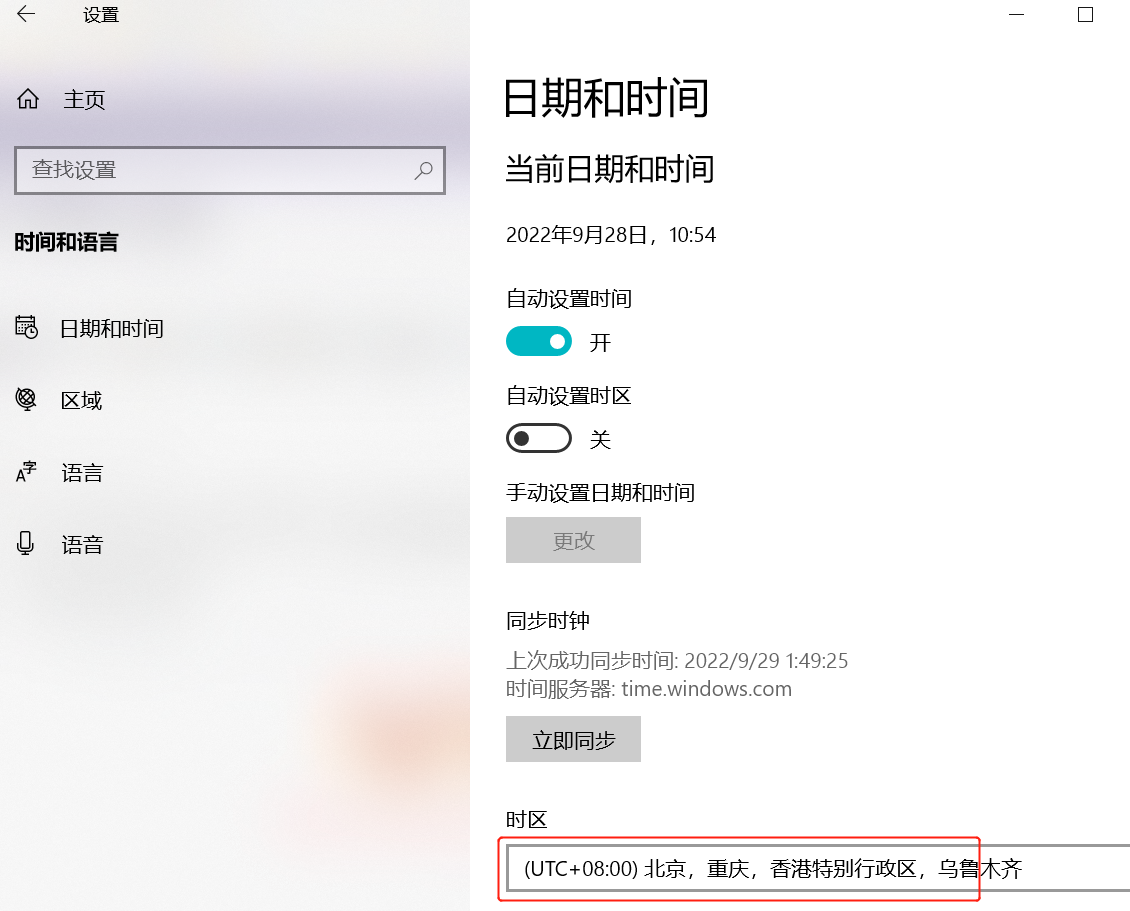问题描述
这非常棘手,我陷入了调用通用方法(MethodInfo)的步骤,该方法由表达式树内部的另一个MethodCallExpression(通过使用MakeGenericMethod)返回上下文。
从技术上讲,我想要的已编译委托看起来像这样:
Func<IEnumerable,Type,IEnumerable> cast;
因此,我可以像items.Cast<T>()那样调用我的编译后的委托,而不必使用cast(items,typeof(T))。
如果每次调用cast时都使用反射,那很容易,但是在这里我想基于Expression树构建一个编译的委托。这是我的代码:
public static class EnumerableExtensions {
static readonly Func<IEnumerable,IEnumerable<object>> _enumerableCast = Enumerable.Cast<object>;
static readonly Lazy<MethodInfo> _enumerableCastDefLazy = new Lazy<MethodInfo>(() => _enumerableCast.Method.GetGenericMethodDefinition());
static MethodInfo _enumerableCastDef => _enumerableCastDefLazy.Value;
static Func<Type[],MethodInfo> _makeGenericMethod = _enumerableCastDef.MakeGenericMethod;
static readonly Lazy<Func<IEnumerable,IEnumerable>> _enumerableCompiledCastLazy =
new Lazy<Func<IEnumerable,IEnumerable>>(() => {
var itemsParam = Expression.Parameter(typeof(IEnumerable));
var castTypeParam = Expression.Parameter(typeof(Type));
var castTypeParams = Expression.NewArrayInit(typeof(Type),castTypeParam);
var castMethod = Expression.Call(Expression.Constant(_enumerableCastDef),_makeGenericMethod.Method,castTypeParams);
//here we need to call on castMethod (a static method)
//but the Expression.Call requires a MethodInfo,not an Expression returning MethodInfo
var cast = Expression.Call(...,itemsParam);//<--------- I'm stuck here
return Expression.Lambda<Func<IEnumerable,IEnumerable>>(cast,itemsParam,castTypeParam).Compile();
});
public static Func<IEnumerable,IEnumerable> EnumerableCompiledCast => _enumerableCompiledCastLazy.Value;
public static IEnumerable Cast(this IEnumerable items,Type type){
return EnumerableCompiledCast(items,type);
}
}
因此,正如您所看到的那样,这确实是一个死胡同,以前从未遇到过这样的问题。我知道我可以通过调用castMethod(作为MethodCallExpression)来解决此问题。这样,我需要获取Invoke的{{1}}方法并使用MethodInfo在实例Expression.Call上调用该方法。但是,等等,如果可以的话,我们仍然像使用castMethod那样使用Method.Invoke来编写代码,而通常不进行编译吗?我真的相信Reflection的一些隐藏的魔力,其作用与Expression.Call有所不同(更好和更快)。
解决方法
您尝试做的事情是毫无意义的,并且与Enumerable.Cast完全不同,IEnumerable<T> Cast<T>(this IEnumerable source);
实际上可以做些有用的事情。
让我们看一下后者的定义:
IEnumerable这将接受未类型化的IEnumerable<T>并根据赋予该函数的通用参数返回一个已类型化的IEnumerable Cast(this IEnumerable items,Type type);
。然后,您可以直接将枚举中的元素与适当的类型一起使用,包括值类型。
现在让我们看一下您的函数定义:
object这需要一个无类型的枚举,并且还返回一个无类型的枚举。它内部执行的操作并不重要,因为即使它可以按您希望的方式工作,但从中获得的结果仍然可以用普通的object来枚举,因此要使用这些值,您仍然需要正确地投射这些内容(并解开装箱的值类型)。您一无所获,您已经拥有了这样一个集合,即您最初传递给函数的东西。
即使您使用已编译表达式的缓存(每种类型都使用一种缓存)来进行转换,这也不难做到,但输出仍会通过您的返回类型被转换回keys = a[0].keys() if len(a) > 0 else []
vals = zip(*map(lambda x: x.values(),a))
b = dict(zip(keys,vals)))
。

 设置时间 控制面板
设置时间 控制面板 错误1:Request method ‘DELETE‘ not supported 错误还原:...
错误1:Request method ‘DELETE‘ not supported 错误还原:...